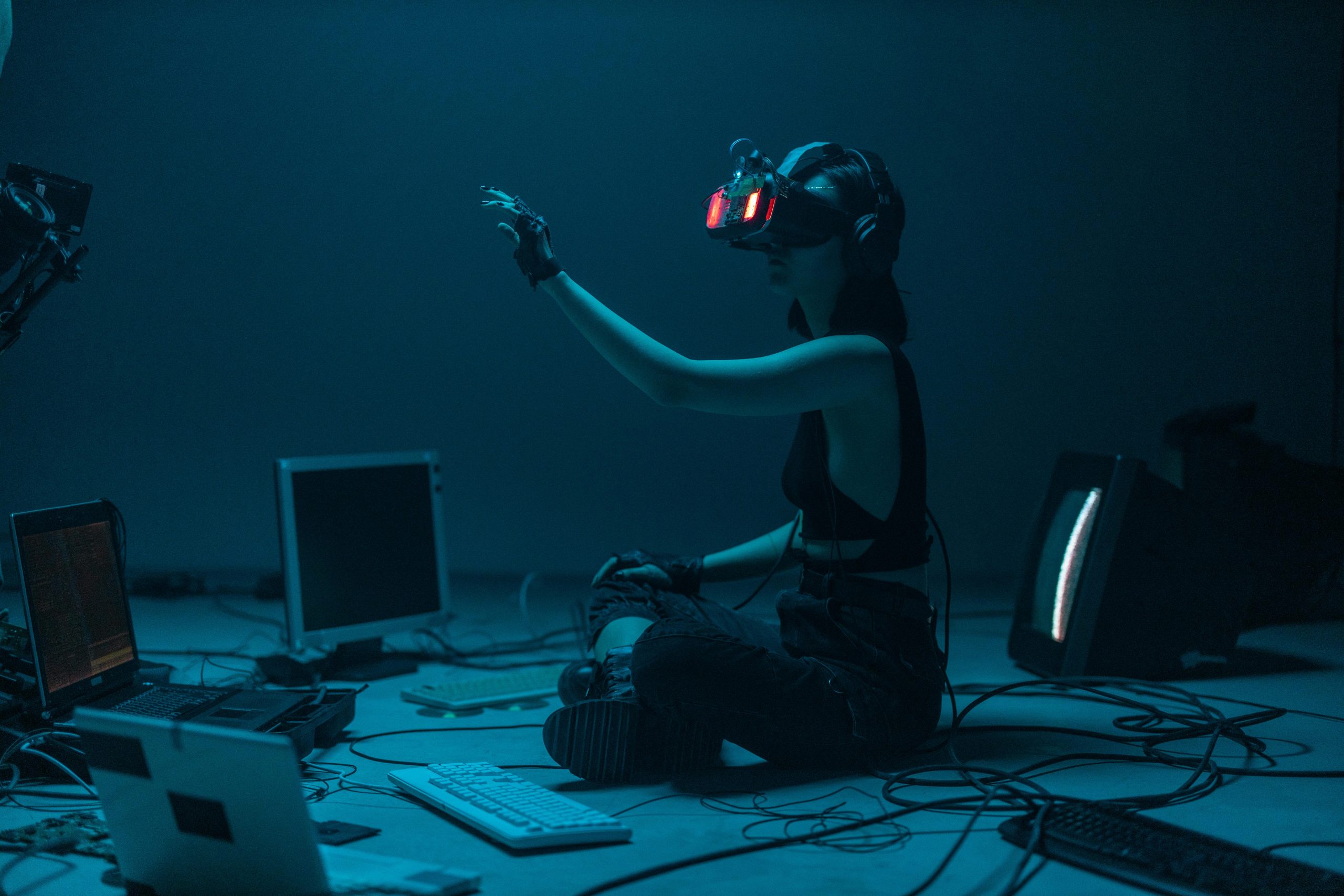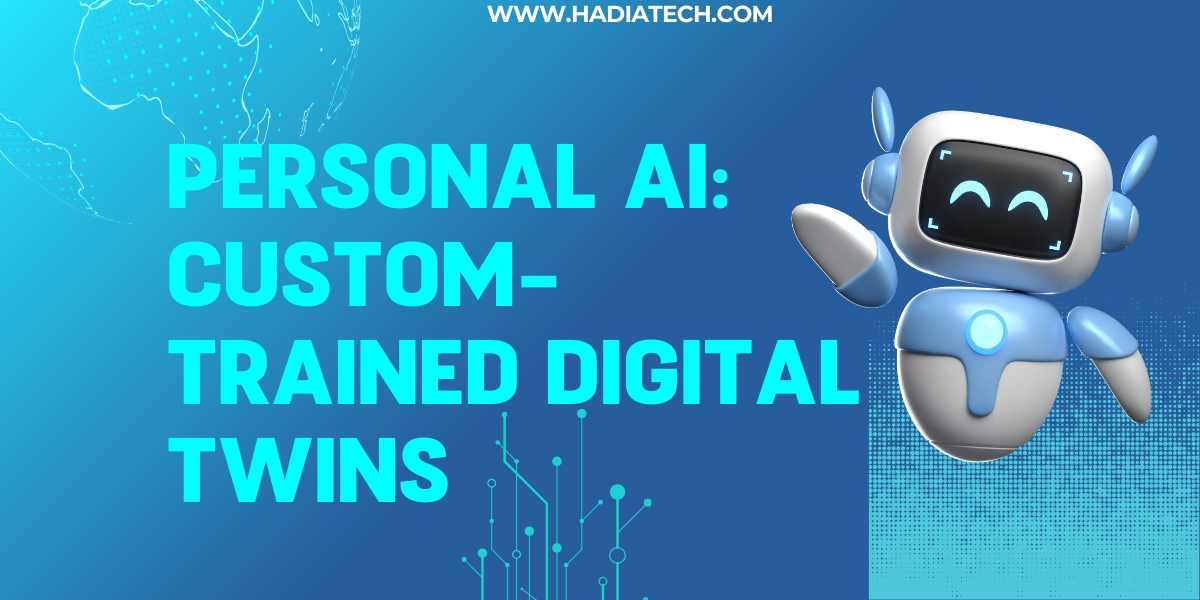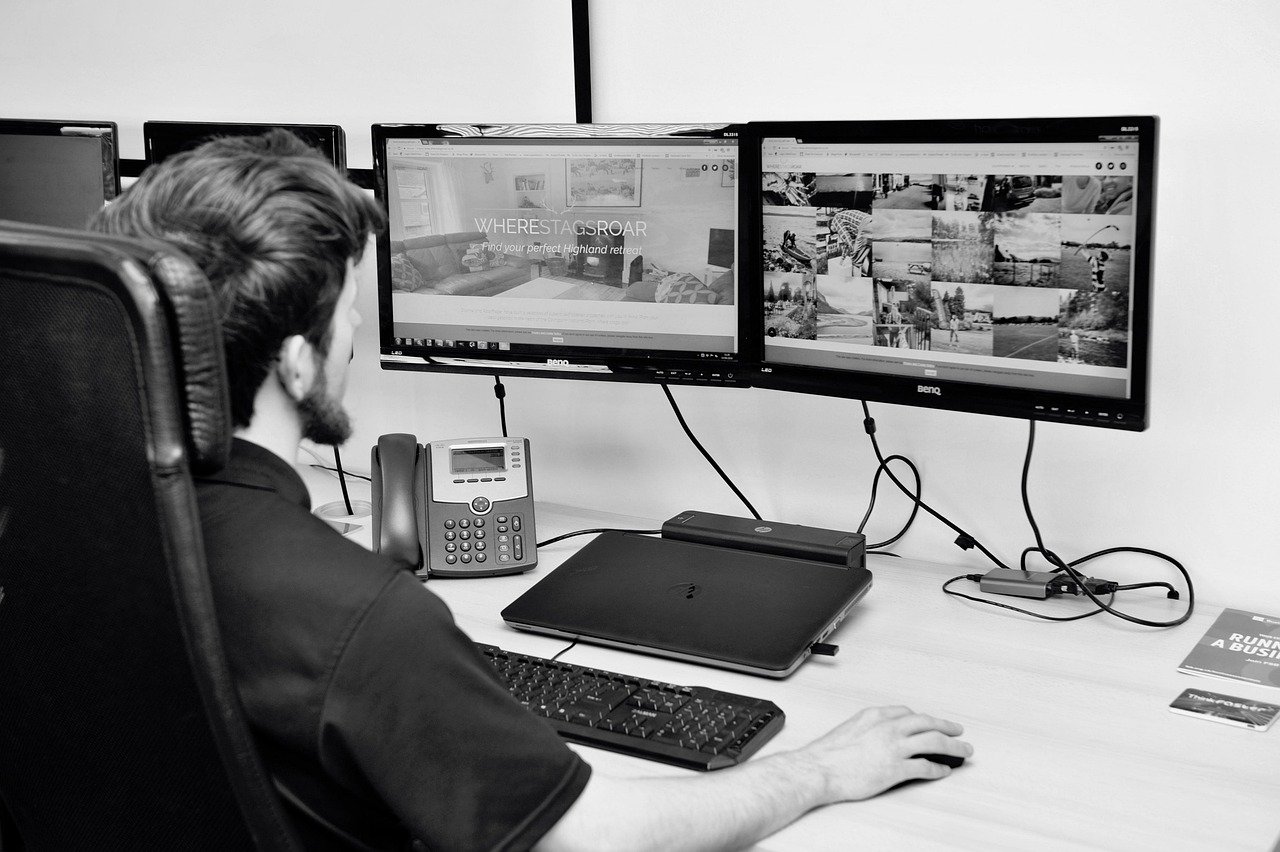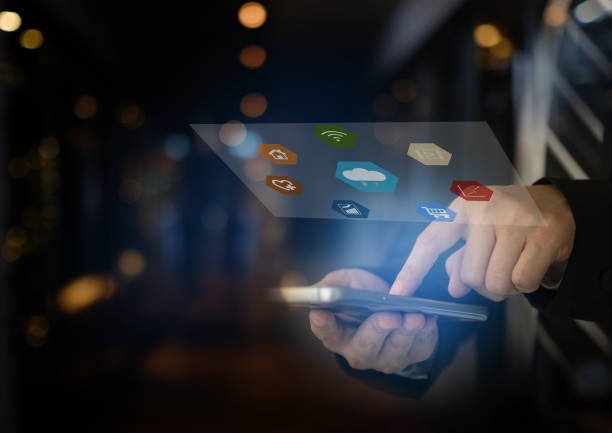Personal AI: How Custom-Trained Digital Twins Are Revolutionizing Industry
With the fast pace of technology today, artificial intelligence, or AI, has become the cornerstone that is revolutionizing the way we live, work, and interact with each other. One of the most thrilling innovations in this direction is the innovation of personal AI and custom-trained digital twins. Both of these terms are causing quite the commotion as to whether or not they have the ability to transform working and personal life for the better. But what are they, and why are they so important?
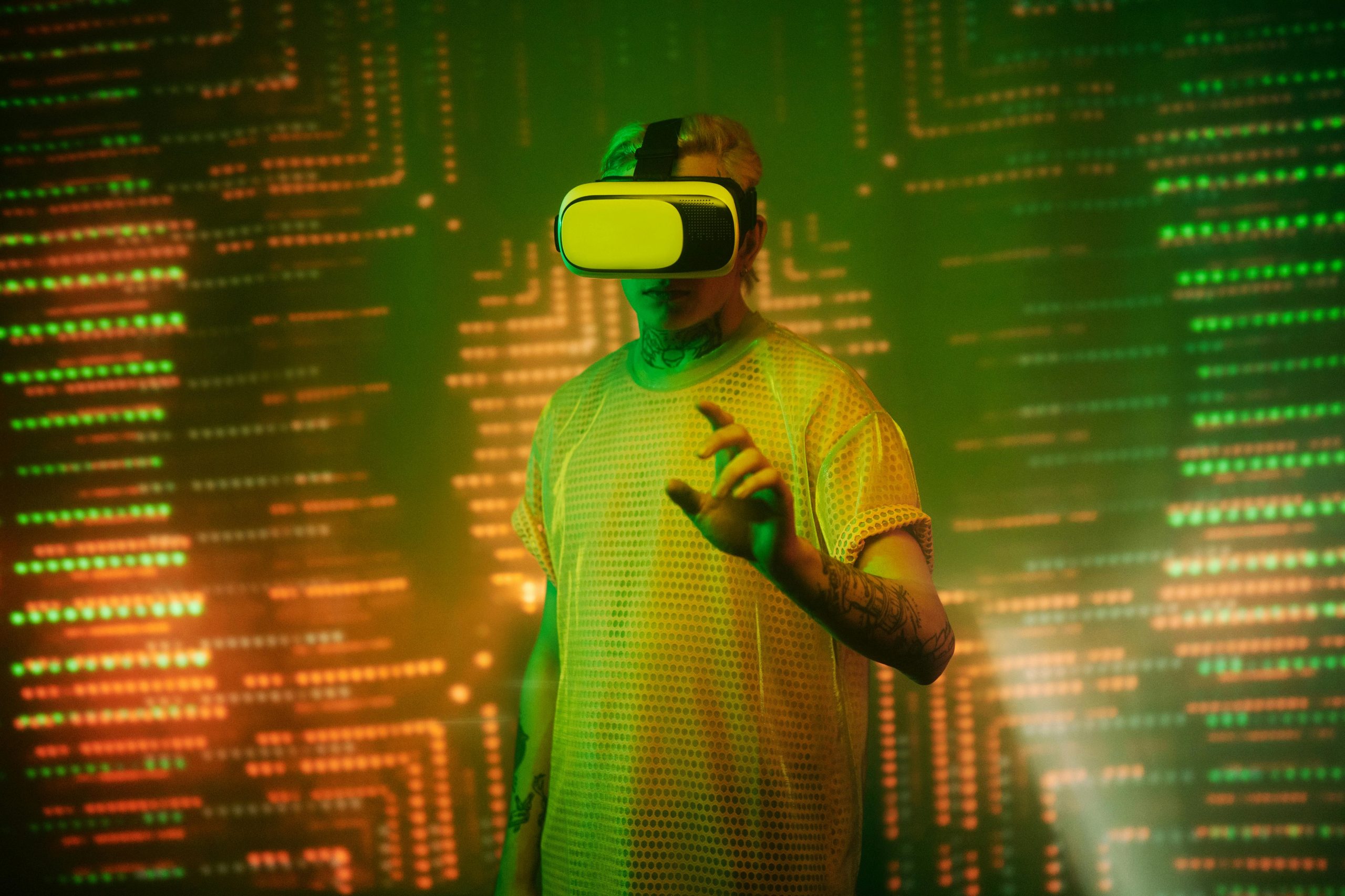
What Are Digital Twins
To get a grasp of personal AI and digital twins, let’s begin with a digital twin. Historically, a digital twin is an electronic copy of an object, process, or system in the physical world. In application scenarios such as manufacturing, healthcare, and city planning, digital twins allow for simulation, monitoring, and optimization of the real counterpart. In manufacturing, for instance, a machine’s digital twin can forecast unit maintenance requirements, minimizing downtime and maximizing efficiency (Ansys TwinAI).
This is being applied to humans. Personal AI digital twin refers to a virtual, AI-based copy of a person that learns and adjusts based on the user’s data, activity, and interaction. These differ from digital twins in industry, which are human-centric applications like knowledge management, task support, or even simulation of cognitive processing.
Defining Personal AI
Personal AI is AI technology designed to fulfill the individual needs and desires of people. While general AI applications are general usage-oriented, personal AI is customized to individual users, learning as they use the system and interact with it. This can be everything from personalized recommendations on a streaming service to more sophisticated systems handling schedules, offering health information, or serving as creative partners.
The uniqueness of personal AI is that it can evolve and improve, becoming more correct and helpful with time. Personal AI exploits this openness to build custom-trained digital twins (Personal AI).
How Custom Trained Digital Twins Work
A customized, trained digital twin is an artificial intelligence model trained on a user’s data specifically to develop a virtual replica of the user. It can potentially contain the user’s knowledge, skills, preferences, and personality. The method employs sophisticated AI methods, such as:
Generative Modeling: Generative Adversarial Networks (GANs), for example, generate artificial simulations or representations (MDPI – Role of AI).
Data Analytics: Examining individual data in an attempt to look for patterns and trends.
Predictive Analytics: Forecasting future behavior or requirements from past data.
Decision Making: Offering insight based on data to aid in decisions.
For example, Personal AI employs personal language models (PLMs) or individual language models (ILMs) personalized with a user’s data, such as emails, notes, and documents. The digital twin can therefore understand and reply in the user’s style and knowledge. Likewise, MindBank AI provides a personal digital twin in the guise of a lifelong companion that learns through usage, which assists with tasks and development (MindBank AI).

Applications and Use Cases
The potential use of personal AI digital twins is wide-ranging, spanning across different industries:
Personal Knowledge Management: Digital twins can be used as a knowledge repository of an individual to recall facts, create insights, and communicate in their own voice (Personal AI).
Education and Training: They can offer customized learning experiences, different pace and style to match a student’s and offer personalized feedback.
Health and Well-being: Through the inclusion of health data, digital twins can offer personalized suggestions, remind users of medications, or foretell medical issues (Unlearn.ai).
Expert Assistance: In offices, digital twins can undertake tasks like scheduling or email management, but ethical issues arise if they represent users in a meeting.
Artistic Content: Writers and artists can use digital twins to develop ideas, prepare material, or collaborate creatively.
Social Interaction: Digital twins could improve communication by knowing individuals better and therefore having more empathetic interactions (EIT Digital).
These uses demonstrate the potential of personal AI digital twins, with further applications remaining to be tapped as the technology continues to evolve.
Benefits of Personal AI Digital Twins
The benefits of personal AI digital twins are staggering:
Efficiency: Routine task automation and instant access to tailored data are time savers.
Personalization: Tailored experiences are more accurate than pervasive AI assistant conversations.
Continuity and Memory: Digital twins have the ability to remember and store enormous amounts of information, assisting experts or those with memory impairments.
Decision Support: With pattern analysis and consequences forecasted, digital twins assist in making educated decisions.
Innovation: As artists, they can initiate innovation by introducing new concepts through simulation or bringing together their knowledge in novel combinations.
These advantages warn that personal AI digital twins are powerful tools for boosting productivity and innovation.
Challenges and Ethical Issues
Assuming their potential, personal AI digital twins do pose a few challenges and ethical issues:
- Data Security and Privacy: Since digital twins are based on the data of an individual, security and privacy are a high priority. Users have to be provided with control over which information is utilized and in what form it is kept.
- Ownership and Control: Identifying who the digital twin belongs to—the user or company—is critical. Legal structures need to be put in place to secure user rights.
- Accuracy and Bias: AI can learn biases from the training data, so firm design is necessary to achieve accuracy, particularly in sensitive topics such as health (Unlearn.ai).
- Dependency: Digital twin reliance can result in a loss of autonomy or competencies.
- Ethical Utilization: Avoidance of misuse, e.g., unauthorized impersonation, is required.
- Consent and Transparency: Users should be made aware of data usage and provided with clear consent, while open AI processes are used to establish trust.
All these issues need to be addressed to facilitate responsible development and usage.
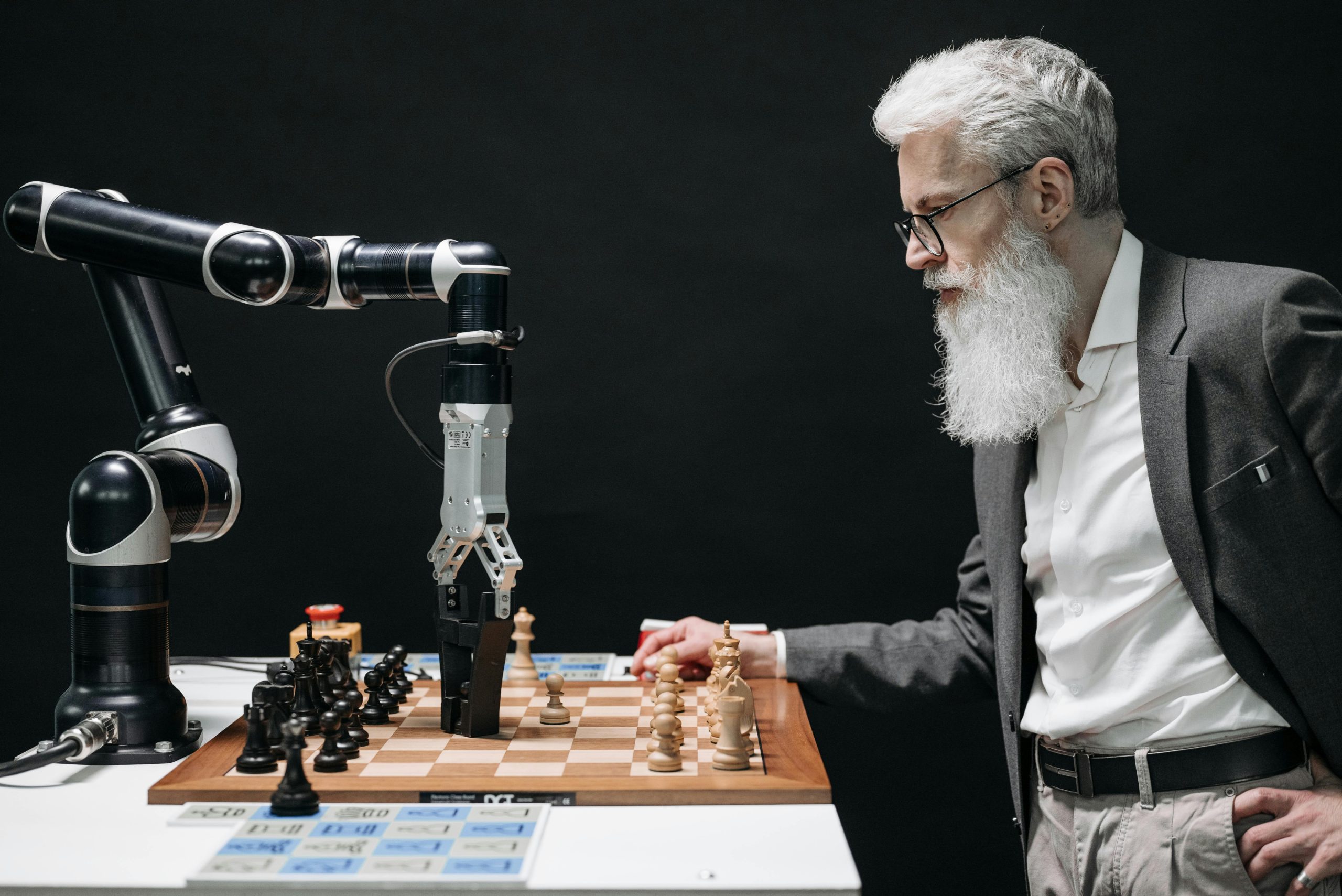
Current Trends and Future Directions
Many organizations are developing individual AI digital twins:
- Personal AI: Customized knowledge management through personalized language models (Personal AI).
- MindBank AI: Provides lifetime assistant digital twins for mental health and personal growth (MindBank AI).
- Unlearn.ai: Uses digital twin generators for clinical trial use cases, demonstrating health use cases (Unlearn.ai).
- Ansys TwinAI: Combines digital twins with AI for industrial simulation, with more expansive possibilities (Ansys TwinAI).
Future direction can be:
Increased Personalization: Development will probably result in more advanced, individualized digital twins.
IoT Integration: Interoperability with Internet of Things (IoT) devices may enable real-time analysis.
Ethical Frameworks: There will be more focus on ethical norms in an effort to guarantee that the technology is being used responsibly.
Mass Adoption: As technology is increasingly widely accepted, adoption could mirror that of smartphones.
Final Thoughts: Custom-Trained Digital Twins
The latest advances in artificial intelligence include specifically conditioned digital twins and personal AI. By creating virtual replicas that can learn and evolve alongside humans, we are achieving unimaginable customization, innovation, and performance. These advances need to be balanced against strict security protocols to facilitate ethical deployment, prevent privacy attacks, and maintain user autonomy.
As we navigate this new reality, inclusive technologies must be carefully designed and deployed. In this way, personal AI digital twins can truly improve our lives while respecting our ethics and autonomy. With technology poised to redefine each of us and contribute to our uniqueness, the future of personal AI digital twins is extremely promising!
